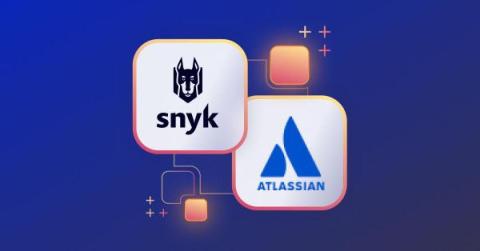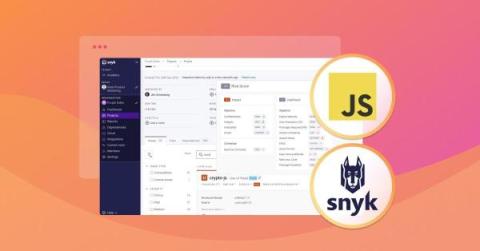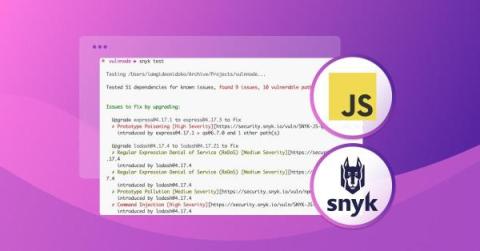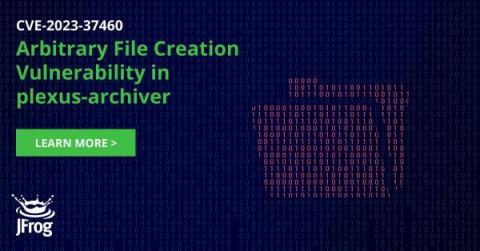Security | Threat Detection | Cyberattacks | DevSecOps | Compliance
Latest News
Adding Snyk security to Jira and Bitbucket Cloud
In today's world of fast-paced software development, security is not an option — it’s a necessity. Security has become an integral part of the development process rather than a separate concern addressed by a different team once development is complete. Integrating Snyk security into your development workflows is a crucial step toward achieving comprehensive software security.
Why you need a security companion for AI-generated code
Everyone is talking about generative artificial intelligence (GenAI) and a massive wave of developers already incorporate this life-changing technology in their work. However, GenAI coding assistants should only ever be used in tandem with AI security tools. Let's take a look at why this is and what we're seeing in the data. Thanks to AI assistance, developers are building faster than ever.
Weak Hash vulnerability discovered in crypto-js and crypto-es (CVE-2023-46233 & CVE-2023-46133)
On October 18, security researcher Zemnmez began the process of responsibly disclosing a "Use of Weak Hash" vulnerability that they found in crypto-js, an open source JavaScript library of crypto standards, for which maintenance has been discontinued. The vulnerability also impacts the crypto-es package (for ES6 and TypeScript), and the researcher has opened a similar issue requesting that the maintainers enable private disclosures.
Getting started with query parameterization
When web applications rely on user-supplied data, there is a potential risk of SQL injection attacks. SQL injection is a technique used to alter a SQL statement by manipulating user input. Specifically, attackers send malicious SQL code to the database to bypass security measures and gain unauthorized access to data. The consequences can be severe, ranging from sensitive information leaks to complete system loss.
How to secure JavaScript applications right from the CLI
According to Snyk's 2022 State of Open Source Security report, the average JavaScript project has 49 vulnerabilities, including common ones like unsafe dependencies, cross-site scripting (XSS), weak input validation, and cross-site request forgery (CSRF). And given JavaScript's widespread use, robust security measures are increasingly important to safeguard your applications from cyberattacks.
Arbitrary File Creation vulnerability in plexus-archiver - CVE-2023-37460
The JFrog Security research team constantly monitors open-source projects to find new vulnerabilities or malicious packages and share them with the wider community to help improve their overall security posture. As part of this effort, the team recently discovered a new security vulnerability in plexus-archiver, an archive creation and extraction package.
Protecting Systems from the New HTTP/2 Rapid Reset Vulnerability
What Is an Exploit Kit?
An exploit kit is a toolkit that cybercriminals use to attack the security vulnerabilities of a system or device to distribute malware. An exploit is a bit of code that takes advantage of security vulnerabilities found within software and hardware. Cybercriminals collect these bits of code and compile them into a kit that can target multiple security vulnerabilities at once, and secretly install malware on devices.











